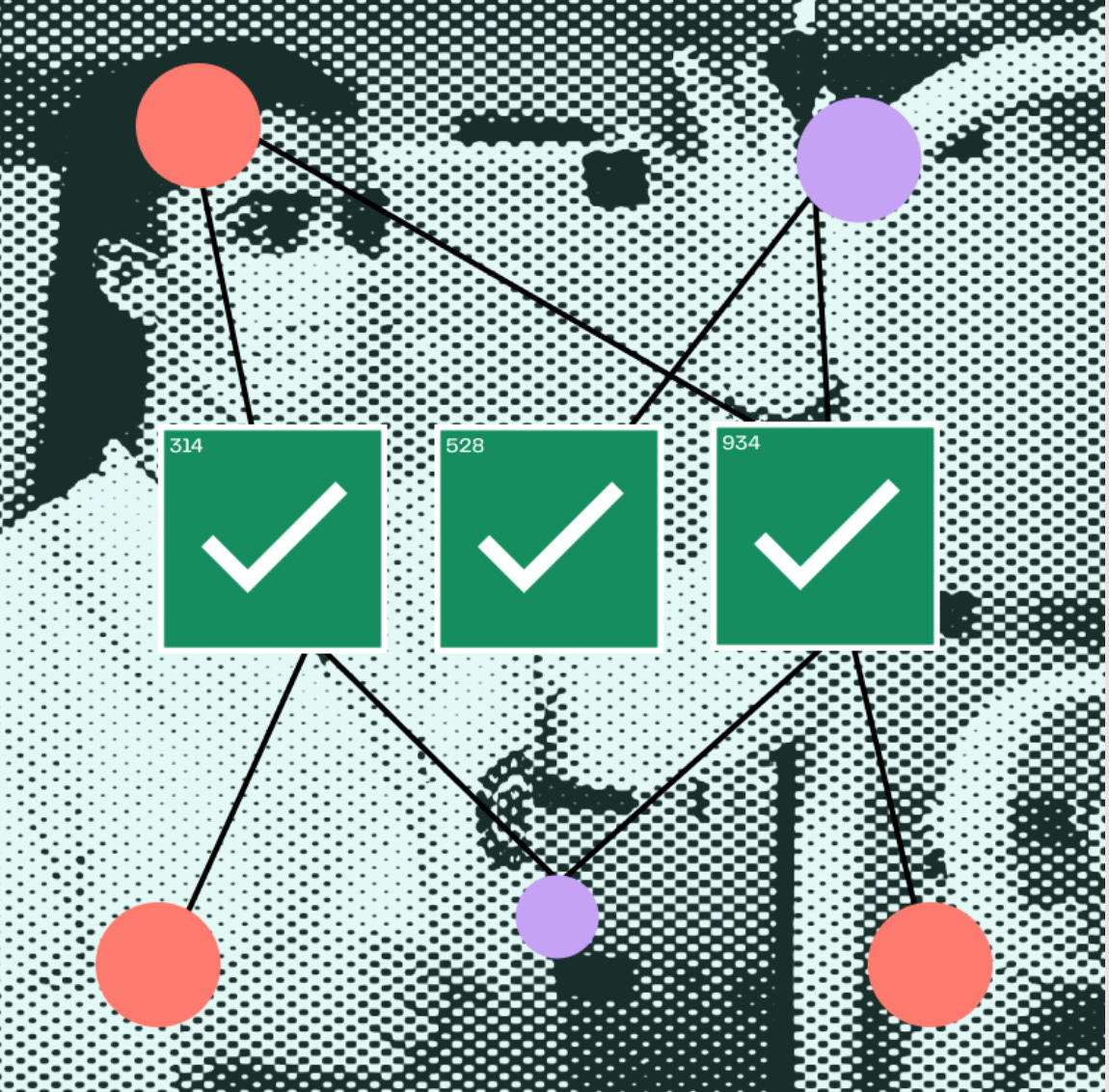Restrictions on independent media in Ukraine
Hey Checklisters!
We hope you’re staying safe and healthy.
As the week comes to an end, our thoughts are with the people of Ukraine who are facing brutal aggression by Russia. We are also concerned about Russia’s crackdown on independent media in Ukraine. We hope the war comes to an end and those upholding democracy and the rule of law, succeed.
In this issue, we look at new laws for posting ‘fake news’ in Pakistan. Interestingly in Brazil, social media and tech platforms are criticising a ‘fake news’ bill since the bill affects their work in the country.
Take a look at Meedan’s latest blogpost where we share learnings from our work with Article 19 in addressing COVID-19 misinformation in Sub-Saharan Africa.
Look out for the next issue of The Checklist where we share updates and information on International Women’s Day celebrations in different regions.
If there are updates you would like us to share from your country or region, please reach out to us at checklist@meedan.com.
The Checklist is currently read by over 1000 subscribers. Support us by sharing this issue with friends and colleagues.
The latest top stories
Pakistan introduces new law targeting social-media users posting ‘fake news’ on military, judiciary (The Hindu)
Pakistan government has introduced a new cyber-crime law that could see social-media users jailed for up to five years for posting "fake news" about the military, judiciary or public officials. Critics say the legislation is the latest example of creeping restrictions on freedom of expression in the nation, already ranked among the world's most dangerous for media workers.
"It (the legislation) will inevitably be used to clamp down on dissenters and critics of the government and state institutions." — Human Rights Commission of Pakistan
Edelman SA Trust Barometer 2022 reveals a tendency of distrust (Bizcommunity)
78% of South Africans interviewed in a survey released by Edelman South Africa reported that were anxious about false information or fake news being weaponised, with over two-thirds responding that they have a tendency to disbelieve information until they see evidence that something is trustworthy.
“While these findings show a worrying trend towards a very fearful and disillusioned society, the good news is that we can use these insights to create change. As communicators we need to think very carefully about the responsibility we have to promote greater understanding and improved levels of trust." — Karena Crerar, Edelman South Africa managing director
Facebook, Google and Twitter sign letter against fake news bill in Brazil (IG)
Facebook has started an advertising campaign across Brazil criticizing bill 2630/2020, known as the fake news bill. The bill directly affects large social media platforms and, now, Facebook advertisements cover entire pages of the main Brazilian newspapers, in addition to digital media.
“João Victor Archegas, Master of Laws from Harvard and researcher at the Institute of Technology and Society in Rio, says that some of the criticisms raised by the technology giants are valid, but that it is important to be careful when "attacking the PL as a whole". "Trying to delegitimize the PL as a whole seems to me to be an empty argument. We have to look article by article and understand what can have a negative impact and what can have a positive impact", he argues.
Russia Limits Major Independent Media Websites Amid Ukraine Invasion (NDTV)
Russia's media watchdog said Friday it had restricted access to the BBC and other independent media websites, tightening controls over the internet more than one week after Russia invaded Ukraine.
Access to websites of the BBC, the independent news website Meduza, German broadcaster Deutsche Welle, and the Russian-language website of the US-funded Radio Free Europe/Radio Liberty, Svoboda, were "limited" by Roskomnadzor following a request from prosecutors.
The agency said that in each case, the prosecutors' request was filed on February 24, the day Russian President Vladimir Putin launched his attack on Ukraine.
What’s new at Meedan
Lessons from Meedan and Article 19's work fighting COVID-19 misinformation in Sub-Saharan Africa
This article captures lessons from Meedan and Article 19’s work related to fighting COVID-19 misinformation in Sub-Saharan Africa. The two groups came together to support independent media and journalists working in four African countries to respond to health misinformation through essential, timely support and materials. The program, which ran from February 2021 to January 2022, included a series of health misinformation trainings, as well as the establishment of a collaborative response network of regional fact-checking organizations and newsrooms with the overall goal of boosting the production and sharing of high-quality, reliable information during the COVID-19 misinformation crisis.



